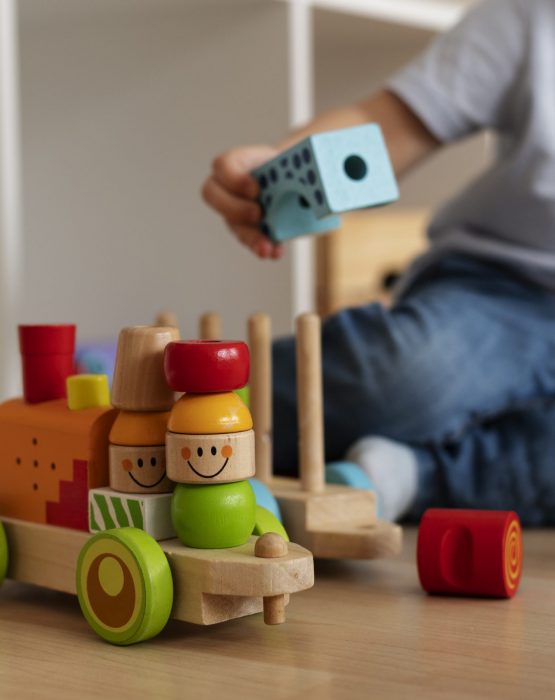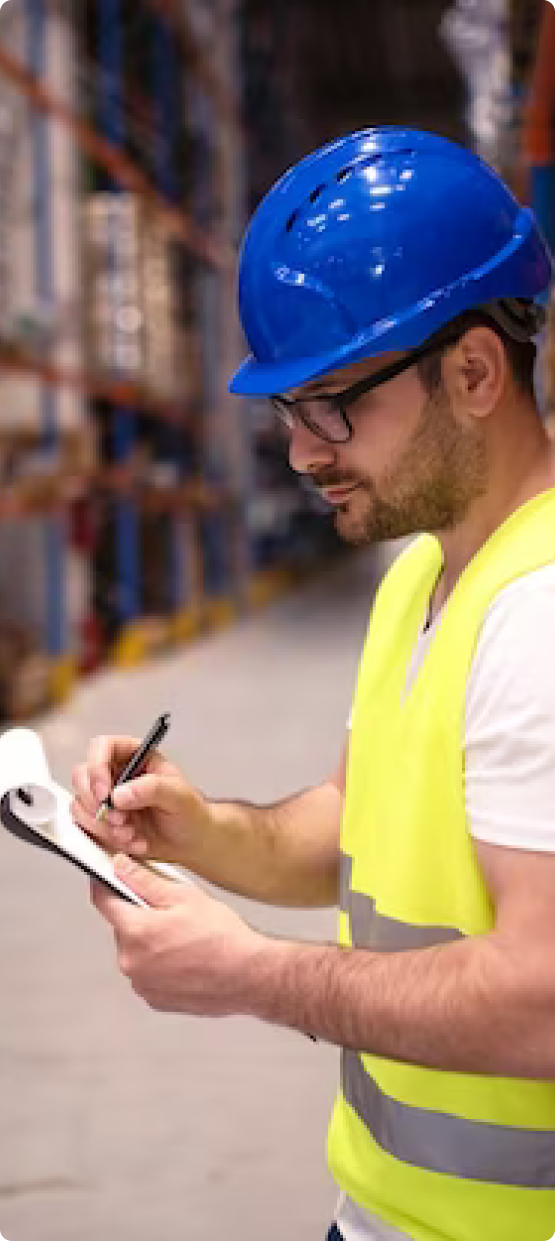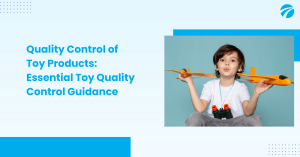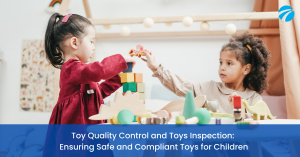Wooden Toys inspection - Wooden Toys Quality Control Expertise
WOODEN TOYS QC
Wooden Toys Quality Control – Wooden Toys Inspection Expertise
Ensuring the quality and safety of wooden toys goes beyond surface assessment. It requires specialized tools, techniques, and expertise to comprehensively analyze various aspects contributing to the overall quality of wooden toy products.
Wooden toys inspection involves a meticulous evaluation of materials, construction, design, and compliance with safety regulations ensuring that the toy is safe for children.
As a globally trusted leader, Tetra Inspection offers comprehensive wooden toys inspection services. Our seasoned team of inspectors possesses profound knowledge of wooden toys quality control standards. We’re dedicated to ensuring your wooden toys meet the highest benchmarks of safety, craftsmanship, and compliance.
To ensure your wooden toys are safe, reliable and compliant, schedule a comprehensive wooden toys inspection today.
PERFORMING HUMIDITY CONTENT INSPECTION
Wood is naturally porous, absorbing and releasing moisture from its surroundings. Controlling humidity in wooden items is crucial for their quality, preventing issues like warping, cracking, or decay. Excessive moisture can lead to microbial growth and loss of shape, affecting precision in applications like furniture, construction, and instrument crafting. Conversely, overly dry wood becomes brittle, risking safety and functionality. Achieving optimal humidity is essential for wooden items’ durability and performance.
How Humidity Content Inspection Is Performed
The process of inspecting humidity content in wooden products is a meticulous and scientifically grounded endeavor. It involves a series of steps designed to provide accurate measurements, ensuring that the wood meets the desired standards.
Sample Collection: To begin, a representative sample of the wooden product is selected. This sample should be chosen from different parts of the product to account for potential variations in humidity content.
Moisture Meter Usage: A moisture meter, a specialized instrument designed for this purpose, is employed. The moisture meter measures the electrical resistance of the wood, which changes in response to its moisture content. By inserting the meter’s probes into the wood, it provides a precise reading of the humidity level.
Calibration: The moisture meter must be properly calibrated to provide accurate results. Calibration ensures that the readings are consistent and reliable, reducing the risk of erroneous assessments.
Documentation: The humidity content data obtained is meticulously documented, including the location of the samples and the corresponding readings. This documentation serves as a valuable reference point for quality control and future assessments.
Comparison with Standards: The recorded humidity content is then compared to industry-specific standards and specifications. This step is critical in determining whether the wooden product meets the required quality criteria.
Adjustment and Remediation: Depending on the results, adjustments may be necessary. If the humidity content falls outside acceptable limits, appropriate measures are taken to rectify the situation. This may involve drying or conditioning the wood to achieve the desired moisture levels.
Wooden Toys TESTING
Key Elements Of Wooden Toys Inspection
Wooden toys inspection involves a comprehensive assessment of various elements to guarantee the quality, safety, and compliance of these play items. Here are the key elements typically evaluated during wooden toys quality control:
Wood Quality and Safety: Inspectors scrutinize the wood used, checking for durability, absence of defects, and compliance with safety regulations to prevent splinters or other potential hazards.
Finishing Examination: Assessing the finish or coating applied to the wooden toy, ensuring it’s non-toxic, lead-free, and securely adhered, with no risk of chipping or peeling.
Design Precision: Thoroughly examining the toy’s design to verify precise measurements, proper assembly, and absence of sharp edges or protruding parts that could cause injury.
Joinery and Construction: Evaluating the construction and joinery methods used in the toy’s assembly to ensure sturdy connections and prevent parts from detaching during play.
Small Parts Analysis: Identifying any small parts that could pose a choking hazard for young children, ensuring they are securely fastened and not easily detachable.
Surface Smoothness: Inspecting the wooden toy’s surfaces for smoothness and absence of splinters, ensuring safe handling during play.
Paint and Ink Assessment: If the toy is painted or features printed designs, inspectors verify that the paints and inks used are safe, non-toxic, and free from harmful substances.
Mechanical Features: If the wooden toy includes mechanical parts like wheels or moving components, inspectors test their functionality to ensure they operate safely and smoothly.
Adherence to Safety Standards: Throughout the inspection process, wooden toys are checked against relevant safety regulations and standards to ensure compliance.
Workmanship Evaluation: Inspectors assess the overall craftsmanship of the wooden toy, ensuring that it meets high-quality standards and poses no risks to children.
VITAL STEPS IN THE Wooden Toys Quality Control Process
The Wooden Toys Quality Control Process
Wooden toys quality control is an indispensable part of the toy manufacturing and distribution process. It aims to guarantee that wooden toys are safe, well-crafted, and meet stringent quality and safety standards. This process encompasses meticulous evaluations at different stages to identify and address defects, irregularities, or issues before the toys reach the market. Let’s explore the stages of the wooden toys quality control process:

Before production begins, inspectors collaborate with manufacturers to review design specifications, assess materials, and ensure the production facility is equipped to craft high-quality wooden toys.
Design Specification Review: Scrutinizing design specifications to ensure they align with safety and quality standards, verifying precise measurements and proper assembly methods.
Material Verification: Inspecting the wood and other materials that will be used in the toys’ construction, checking for durability, absence of defects, and compliance with safety guidelines.
Joinery and Assembly Evaluation:
Reviewing the construction methods, joinery, and assembly techniques to confirm that they result in secure connections and structural integrity.
Throughout production, inspectors conduct During Production Inspections to detect and address potential issues before they escalate.
Finishing Inspection: Verifying the application of safe and durable finishes or coatings, ensuring they are non-toxic, free from lead, and securely adhered.
Mechanical Component Testing: If the toys include moving parts, inspectors test their functionality to ensure they operate smoothly and without risks.
Workmanship Quality Assessment: Monitoring the assembly process to identify any defects, deviations, or workmanship issues that need immediate rectification.
Once production is complete and a batch of wooden toys is ready for shipment, a final inspection is conducted.
Random Sampling Inspection: Selecting random samples from the batch and subjecting them to a detailed inspection to ensure they meet quality standards, safety guidelines, and design specifications.
Functionality Testing: Testing the functionality of any moving parts, mechanical components, or features to ensure they work as intended and pose no risks.
Packaging and Loading Oversight: Supervising the packaging process to ensure that the wooden toys are adequately protected during transportation. Ensuring proper loading to prevent damage during transit.
Wooden toys quality standards
Applicable Standards For Wooden Toys Quality Control
Wooden toys quality control is essential to ensure that these play items meet established Toy safety and quality standards, providing children with safe and enjoyable play experiences. Various international, regional, and national standards govern Children’s Product Certifications, addressing factors such as safety, materials, design, and craftsmanship. Here are some key standards applicable to wooden toys quality control:
ASTM F963: This is a comprehensive U.S. toy safety standard that covers various aspects of toy safety, including materials, design, flammability, and choking hazards. It includes guidelines specific to wooden toys.
EN 71: This European standard outlines safety requirements for toys, including wooden toys, sold within the European Union. It covers aspects such as mechanical and physical properties, flammability, and chemical properties.
ISO 8124: This international standard provides safety requirements for toys, including wooden toys. It addresses potential hazards related to mechanical, flammability, and chemical aspects of toys.
CPSC Regulations: The U.S. Consumer Product Safety Commission (CPSC) sets regulations for toy safety in the United States, including wooden toys. These regulations cover various safety aspects to prevent harm to children.
ASTM D4236: If the wooden toys include art supplies or paints, this standard outlines labeling and testing requirements for potentially hazardous art materials.

Tetra Inspection's Wooden Toys Inspection Services
Comprehensive Inspections
Tetra Inspection conducts thorough pre-production, in-process, and pre-shipment inspections for wooden toys, ensuring that safety and quality are upheld at every stage.
Customized Solutions
Recognizing that our clients have unique requirements, Tetra Inspection offers customizable inspection solutions that match your specific design, materials, and safety criteria.
Highly Skilled Inspectors
Our team of seasoned inspectors brings deep expertise in wooden toys quality control, meticulously evaluating each aspect of your toys to ensure safety, craftsmanship, and play value.
Timely Reporting
Rely on Tetra Inspection to provide detailed inspection reports within 24 hours, allowing you to address any concerns promptly and ensure the quality of your wooden toys.
Schedule Your Wooden Toys Inspection Today
Count on our team of seasoned experts to conduct meticulous wooden toys inspection, minimizing risks, and ensuring strict compliance with international standards.
BLOG
Related Articles
shipment, minimizing risks and ensuring compliance with international standards.




